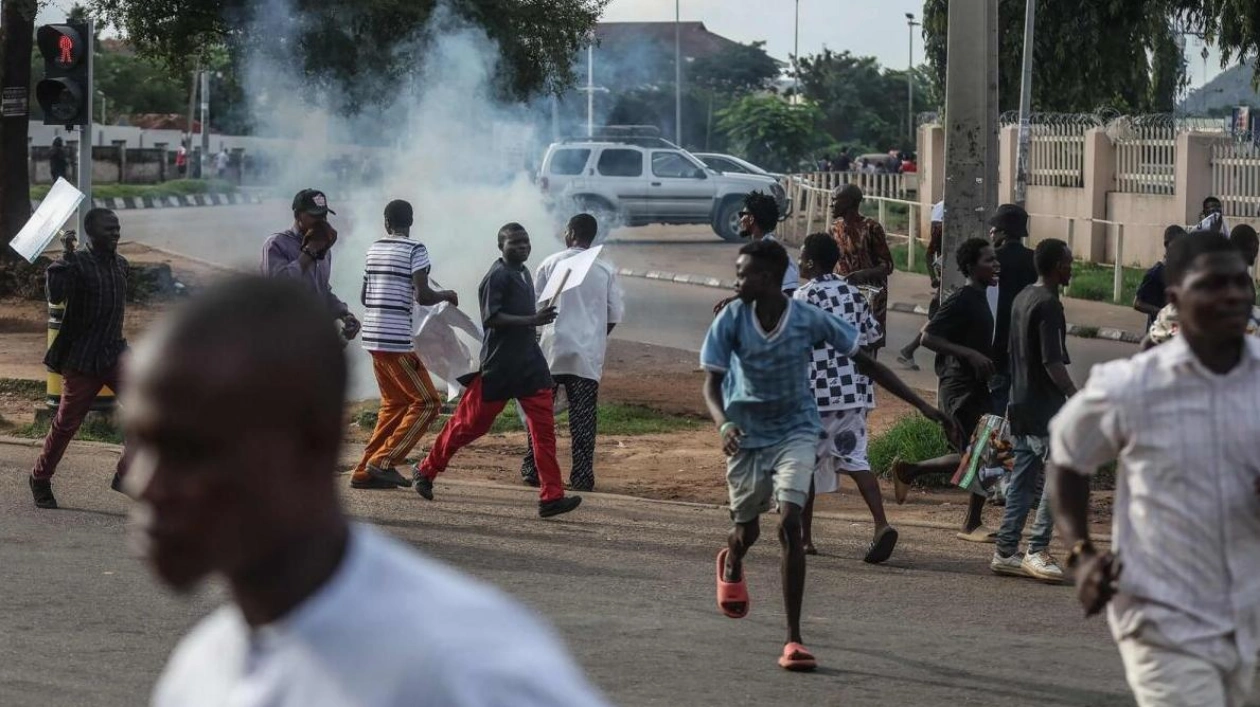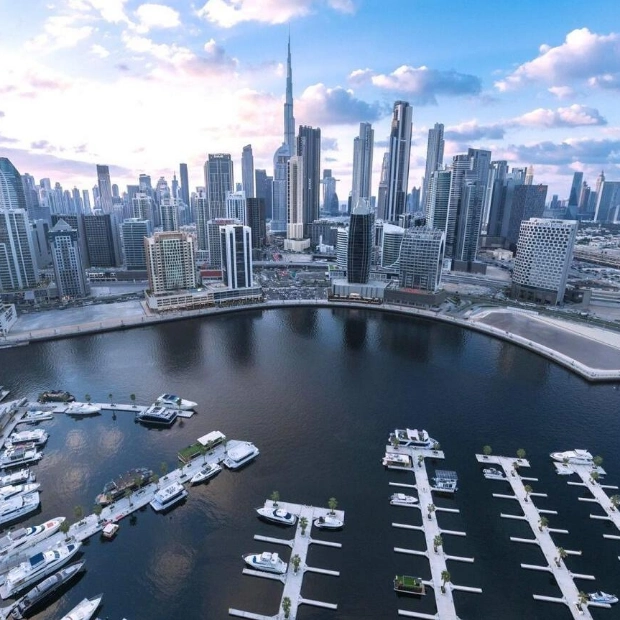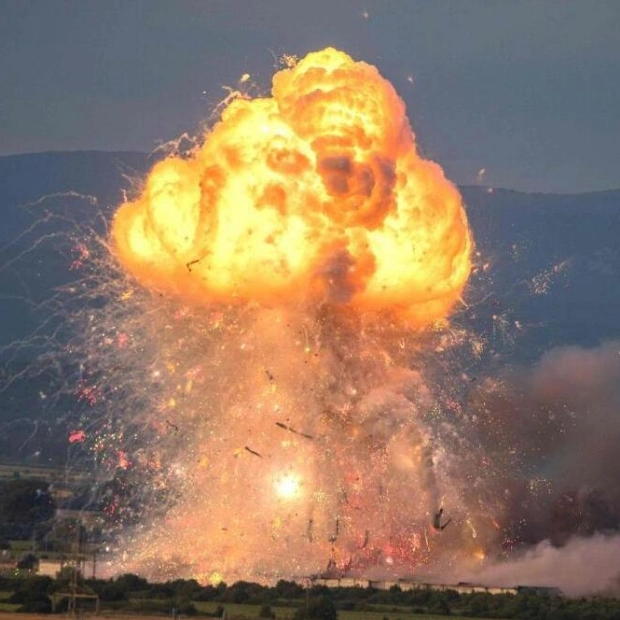Protests against economic hardship in Nigeria on Tuesday struggled to gain traction as the nation grapples with its most severe economic crisis in decades. Police in the capital, Abuja, used tear gas to disperse small gatherings, while overall participation was minimal across the country.
Dubbed the 'National Day of Survival,' these demonstrations followed larger protests in August, during which security forces reportedly killed at least 21 protesters in a nationwide crackdown, according to Amnesty International. Since taking office last year, President Bola Ahmed Tinubu has implemented reforms aimed at reviving the economy and attracting foreign investment. However, Nigerians have experienced a surge in fuel prices and inflation reaching a three-decade high after Tinubu ended the fuel subsidy and allowed the naira to float.
Tuesday's protesters demanded an end to hunger and misery, lower fuel, electricity, and food prices, and the release of those arrested during August's protests. In Abuja, AFP journalists witnessed police firing tear gas at a crowd of about 50 peaceful protesters near Utako market. 'Why are they firing?' asked Moses, a 39-year-old driver at the market. 'Are the protesters not telling the truth? Are we not hungry, are we not suffering?'
The October 1 rally coincided with Nigeria's 64th anniversary of independence from British colonial rule. In a national address, President Tinubu acknowledged the struggles many Nigerians face in these challenging times, pleading for patience as the reforms begin to show positive signs.
Rex Elanu, a chicken farmer and activist at the Abuja protest, has seen the price of poultry feed skyrocket under Tinubu's administration. 'It's a failed state, we must be sincere with ourselves,' he said, calling on the president to address hunger and insecurity. Elanu expressed frustration that the demands of the #EndbadGovernance protesters in August were not met.
Turnout was lower than in August's rallies. The northern city of Kano, which previously saw intense clashes, remained calm. In Lagos, hundreds of demonstrators gathered under the Ikeja bridge and marched to the Lagos State government headquarters. The demonstration concluded peacefully under heavy security presence. 'As Nigerian people, we are not surviving. We are hungry. The hunger is too much,' said Lagos protest leader Hassan Taiwo. 'We are demanding that all the policies that have led to this hunger must be removed.'






